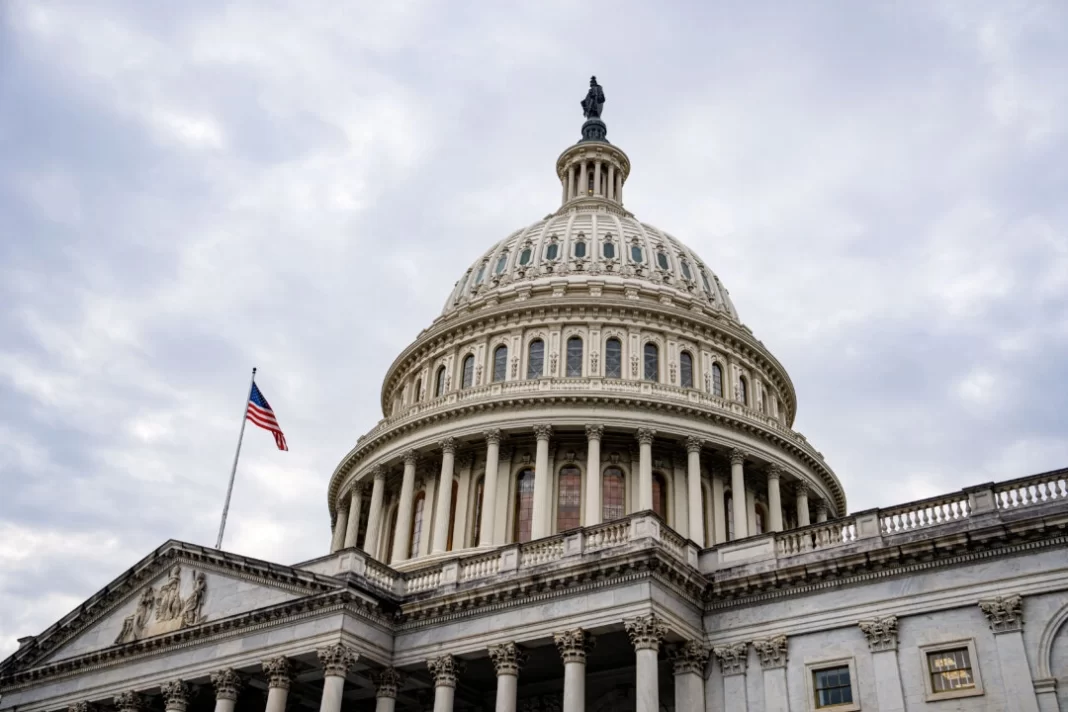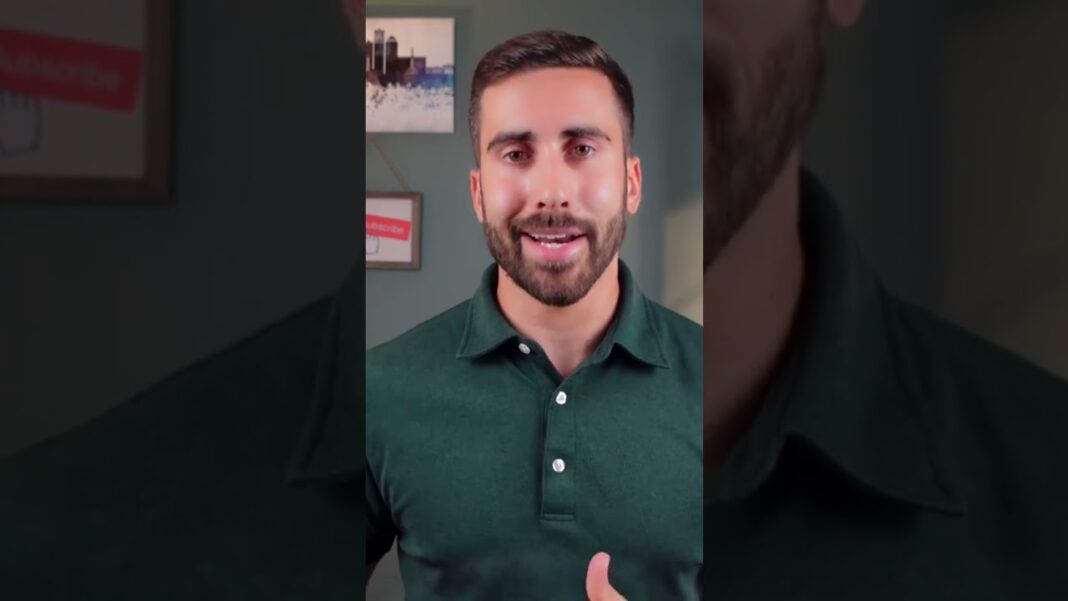A California judge denied BART’s requests to overturn the verdict, saying the agency failed to show an undue hardship for not granting religious exemption.
A federal judge in California has rejected an effort by Bay Area Rapid Transit (BART) to overturn a jury verdict that awarded $7.8 million to six former employees who were fired for refusing to comply with the agency’s COVID-19 vaccine mandate on religious grounds.
In a Dec. 30 order, Judge William A. Alsup of the U.S. District Court for the Northern District of California acknowledged minor “imperfections” in the jury trial—including flawed instructions to the jurors—and determined they were not severe enough to invalidate the jury’s October decision requiring BART to pay each of the six former workers between $1.2 million and $1.5 million.
Alsup denied BART’s post-trial motions to overturn the verdict and seek a new trial, saying that the agency failed to demonstrate that accommodating the employees’ religious objections would have posed an undue hardship.
“Simply put, on the instructions given and evidence received, a reasonable jury could have found that BART had not carried its burden of proving its affirmative defense,” Alsup wrote, referring to the fact that, in order to prevail in the case, BART had to prove that granting accommodations such as masking, testing, or remote work in lieu of vaccination would have imposed an undue burden on the agency.
BART’s defense relied heavily on expert testimony to argue that no alternative measures were as effective as vaccination against COVID-19, with the judge noting that the agency claimed it had presented “‘unrebutted’ scientific expert testimony” to that effect. However, Alsup noted that the jury was entitled to weigh the credibility of the experts, particularly given their financial ties to the agency.
“In light of the large sums paid to the experts by BART, our jury was entitled to find that they were ‘bought and paid for,’ were merely parroting the ‘company line,’ and were not credible in light of their bias, common sense, and other evidence,” the judge wrote. “An expert witness is like any other witness, and it is up to the jury to decide how much weight their testimony deserves.”






